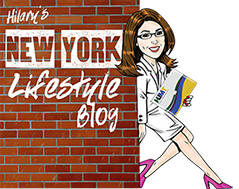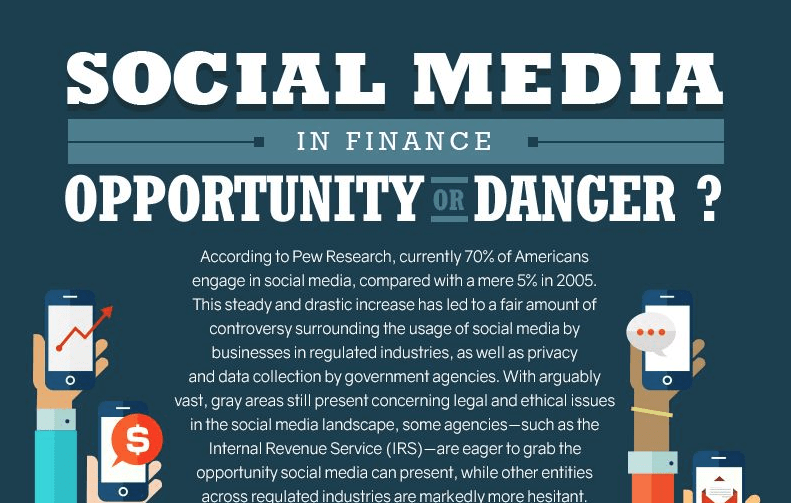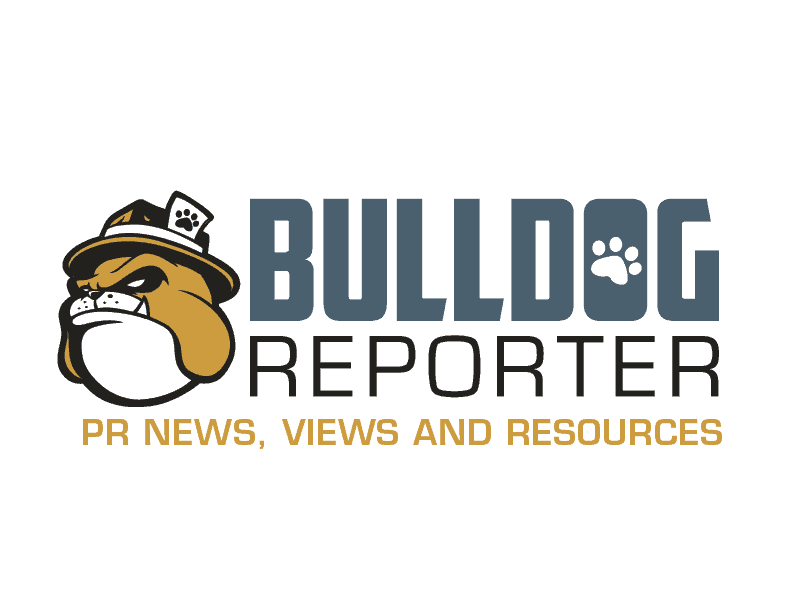Within the last couple of weeks, there has been a lot of controversy over at Pinterest (which comes from the words pinning and interest).
First, the new social networking site, which acts as an online bulletin board with stuff you love to “pin,” changed its look. The site, which at first looked as cluttered as my offline bulletin board, now has a clean, striking look. Larger images are on top followed by smaller images on the bottom. (Each bulletin board looks a little like a Google+ Hangout!)
Secondly, a wedding photographer/lawyer, Kirsten Kowalski, posted her original photographs on her Pinterest page. Soon thereafter, she took them down because she claimed that pinning her artwork on Pinterest is a copyright infringement. (Personally, I think the whole thing was a publicity stunt to get people to look at her web site, which I did right after the incident.)
Pinterest does have a long winded copyright policy right on the social networking site, which states that the site is not responsible for individuals infringing on copyrights or other intellectual property rights of others. They have good reason to do so. They are doing this to protect themselves from getting sued.
But what about the individuals who want to pin a piece of artwork or a book cover on their boards? Are they really violating copyrights?
Copyright law creates an exception for the fair use of copyrighted materials. It is not a violation of someone’s copyright if it is being used in a manner covered by the fair use doctrine. For example, if Kowalski kept her photographs on Pinterest and you decided to repin her work, all you would probably need to do is make a comment as part of the pinning for it to become part of Fair Use. Section 107 of U.S. Code states that “reproduction of a particular work may be considered fair, such as criticism, comment, news reporting, teaching, scholarship, and research.”
Although Fair Use is never actually defined, there are several tests to determine whether a use is fair.
• Is the use for commercial or nonprofit purpose?
• What is the nature of the work being used? (Are you posting a full film, photo, TV show, song, etc.?)
• Are you using the whole work or just a part of it?
• How does the use affect the market place? (If you download a song on Napster, then you don’t have to buy it. But if you are posting a book cover, you are not giving away the work.)
The easiest way to avoid copyright is use your own photo. If you don’t own the photo, make sure you give credit to the photographer. If you have a small business, be careful of what you pin.
To protect yourself from copyright infringement on Pinterest or any other social networking site for that matter, make sure that you comment on the work you put up. When Pinterest asks you to “Describe your pin…” that means to comment on your pin, which should help to protect you in the Fair Use act.
You will notice that on all of my pins, I say something about the image – why I like the pin and why it’s important to me. All of these things combined will help avoid copyright infringement.
Lastly, in this digital age, does any of this really matter? If the copyright holder is posting their materials anywhere on the web, aren’t they giving up the right to claim that someone else violated their copyright?
The question is, if a photographer or artist or jewelry designer or any other creative person, decides to put up a Pinterest page, isn’t he/she doing this to promote his/her products? And, if so, isn’t it a good thing for others to repin the work to spread the awareness? I think so, don’t you?





It will be interesting to see how this all pans out.
yes, agree!
Nice to read your article. I found lots of interesting things!
Thank you!